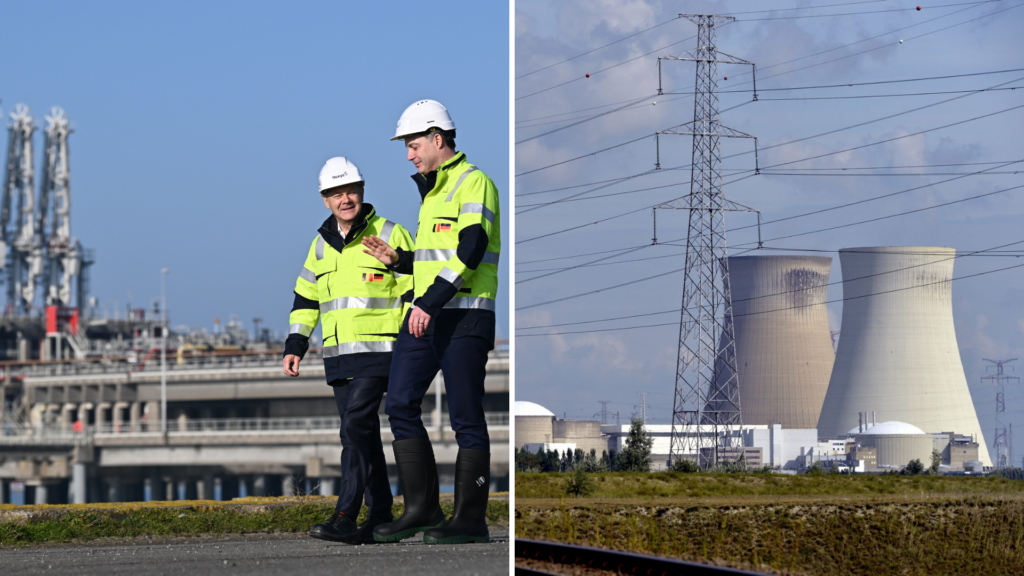Electricity and gas consumption in Belgium fell to their lowest levels in more than twenty years in 2023, as historically high energy prices triggered fundamental changes in citizens' and businesses' energy use.
According to a new study by the Federal Commission for Electricity and Gas Regulation (CREG), which is set to be formally published next week but has already been seen by L'Echo, electricity and gas consumption fell by 4% and 5.6% respectively last year relative to 2022.
The decline means that electricity consumption has dropped to its lowest level since 1999. Gas consumption, which has decreased in each of the past four years, fell to its lowest level since 1997.
Efficiency gains
Despite the decline in consumption, significant decreases in electricity production meant that Belgium became a net importer of electricity in 2023 for the first time in five years.
The fall in production is largely explained by the recent closures of the Doel 3 and Tihange 2 nuclear power plants, causing nuclear-sourced electricity generation to drop to a historic low. This was only partially offset by an increase in renewable energy production.
Although the report did not attribute energy consumption's decline to a specific underlying cause, other analyses have ascribed it to the high energy prices brought on by Russia's full-scale invasion of Ukraine in February 2022.
"The biggest part of the reduction in gas demand is explained by the high prices of the last 18 months, which have encouraged short-term alternatives, and in the longer-term investments in alternatives that structurally reduce demand, such as domestic heat pumps," Ben McWilliams, a policy analyst at Bruegel think tank, told L'Echo last year.
Promisingly, the CREG report found that Belgium's decrease in gas consumption was only partially a result of falling industrial demand, which declined by just 2% in 2023 – suggesting that the decrease in consumption is primarily a consequence of increases in energy efficiency and green investments rather than deindustrialisation.
However, falling consumption across the rest of the EU does appear to be causally linked to the widespread disintegration of the bloc's industrial base.
Related News
- 'Ugly reading': Europe deindustrialises while Russian manufacturing thrives
- 'Europe's energy crisis is really over', Belgian expert claims
A report published last year by the International Energy Agency (IEA) found that nearly two-thirds of the total reduction in EU electricity demand in 2022 was a result of "energy-intensive industries grappling with elevated energy prices", especially the petrochemical, steel, and aluminium industries.
"This trend has continued well into 2023, despite the prices for energy commodities and electricity falling from record highs," the report added. It also noted a "staggering" 6% year-on-year decline in electricity demand across Europe in the first half of 2023, which suggests that "energy-intensive industries have not yet recovered from last year's production slump".
The industrial decline appears to be continuing: a recent report by S&P Global found that eurozone manufacturing output fell for the seventh consecutive month in December last year.

